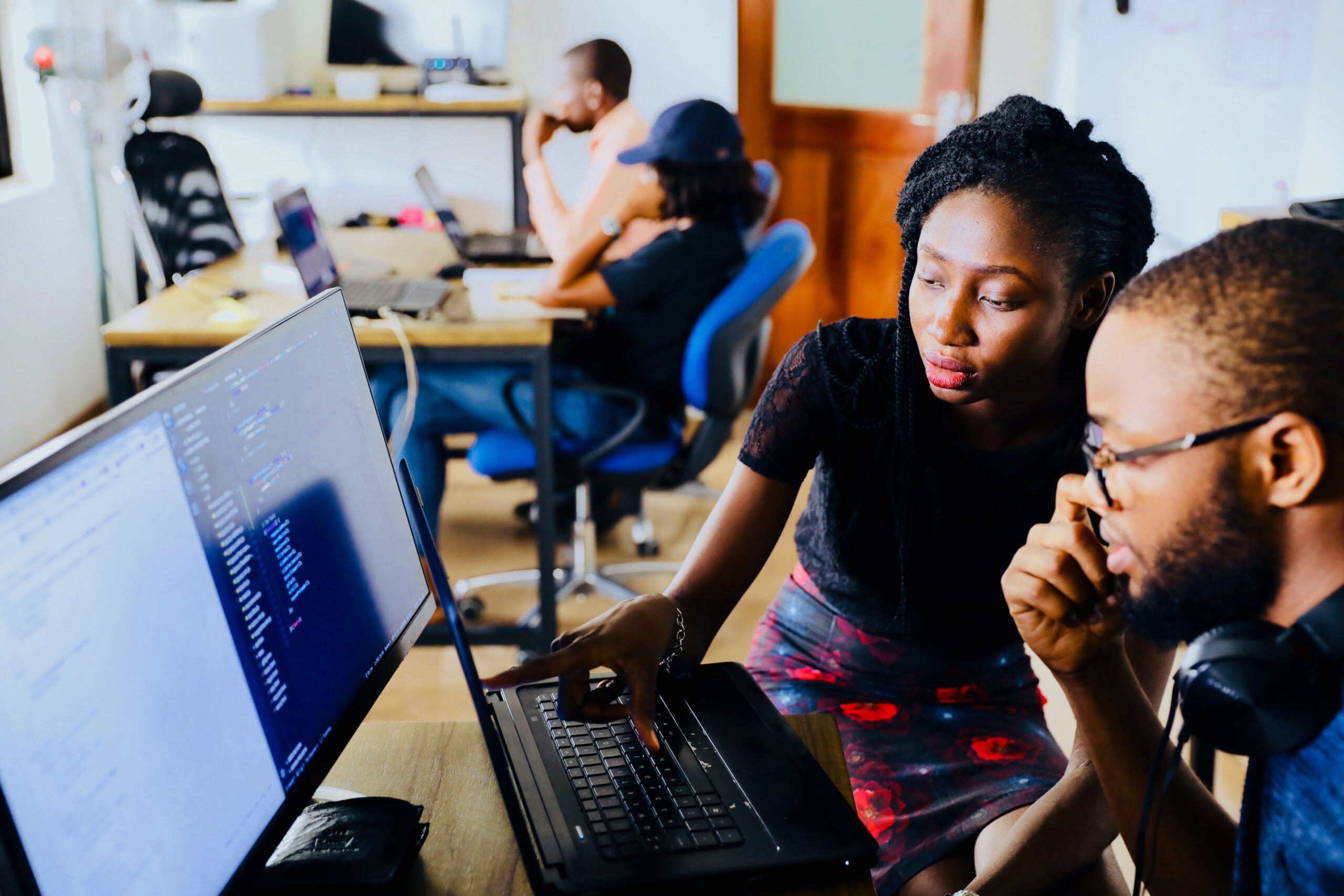
30 Nov Disabled people must not be omitted from COVID-19 recovery strategies
COVID-19 has become a perpetual state of global crisis. And it has thrown yet more light on the inequality facing the world’s disabled community.
Five million people at least have lost their lives due to COVID-19, and its impact has taken the greatest toll on the poorest and most vulnerable. It has had a disproportionate impact on disabled people for many reasons, and as the world starts to focus on recovery and rebuilding, the disabled minority mustn’t be precluded.
A billion disabled people around the world need support
Around one billion people around the world live with some form of disability, including chronic illnesses. This figure now includes people living with long COVID, a consequence of the virus that we are still largely ignoring despite its potential to impact millions more.
Global crises highlight the inequalities in society, and COVID-19 has certainly done so, particularly when it comes to healthcare distribution. We can see this most clearly with the global vaccination rollout that has left many developing countries desperately trying to catch up.
As we continue to live with the pandemic and try to find ways to recover economically and socially, we must bear in mind that everything is harder for those living with disabilities.
According to the Disability & Philanthropy Forum, corporations, Governments, private philanthropists, and foundations must ensure their COVID-19 recovery strategies are inclusive. Any grant or decision making process, for example, should include the perspective of disabled people. This should be the initial step for every foundation, and all funding plans should consider how the disabled community will be impacted.
COVID-19 has impacted disabled people in profoundly negative ways
Just as times of crisis highlight the areas of our society that are most in need, they also create opportunities for collaboration and innovation. And as disabled people face ever more precarious situations when it comes to accessing assistance, whether fiscal or otherwise, it’s time to work together.
The impact of the pandemic on disabled people goes further than the virus itself. The inequality covers everything from fiscal support to job security, benefits and cuts to finding work.
And whole social distancing and lockdowns are diminishing in most countries; we can’t forget the massive impact of isolation on those who are most vulnerable. For example, it meant impossible choices for those who rely on carers or friends and family to help them every day. Disabled people were either forced to put themselves and their carers at risk or lose all assistance, mental health services and medical care.
We saw institutional care break down at the very height of the pandemic, and we don’t yet know the long-term impact of this on the people involved and on the staff forced to work with too little support. Even before the pandemic, our public services in the UK have been cut to the bone by 10 years of austerity. Many disabled people have simply been left without their right to community life, without their right to make decisions for themselves and much more.
Collaboration and innovation are key
These problems are everywhere, of course, not just in the UK. The Global Action on Disabilities (GLAD network) issued a statement about the urgency of including disabled people in any pandemic response. The statement says that: “… all actors, including Governments, international financial institutions, international cooperation agencies and private donors to be inclusive of persons with disabilities in their response to COVID-19”.
An enormous amount of funding has been levied so far at a global level. According to Indiana University’s Lilly Family School of Philanthropy, funds, corporations and foundations in the United States have collectively spent approximately $18 billion for pandemic relief.
This is much more than any other global crisis that we’ve ever seen. For example, the Australian bushfires saw $152 million from philanthropists. And, according to the Centre for Disaster Philanthropy, more than 850 COVID specific funds have been set up in the US alone.
The will is there, and the money is there – it’s how it’s used that is so important. As we continue to battle our way out of the pandemic, philanthropy is shifting away from immediate concerns towards recovery and rebuilding.
Governments must step up for the disabled community
Rebuilding is the final phase of philanthropic responses to natural disasters, and we badly need to ensure that community networks are sustainable into the future. In the UK, at least, we know that this will be an uphill struggle.
In the most recent Budget, the Chancellor scrapped the £20 ‘extra’ that was added to Universal Credit (UC) during COVID-19. This deeply controversial move has essentially removed a lifeline from thousands of people who desperately need it.
More than 600,000 households in the UK have been thrown into poverty by this move, with half a million officially having no one at all considered fit to work. So, they can’t get a job, and there is very little financial help from the state available.
The Government raised the minimum wage slightly in the same Budget, arguing that those who work are rewarded. But they have essentially decided that people who cannot work are not worthy of help.
According to openDemocracy, 93,000 of the half million households with no breadwinner are also home to children. Of course, these cuts are hitting even harder as they come at a time of rising costs for food and utilities.
Disabled People Against Cuts (DPAC) are campaigning for the Government to reverse this cut, saying: “We know disabled people’s living costs have increased dramatically during the pandemic and now with inflation and fuel costs spiralling out of control, we are asking for disabled people to be given enough social security payments to meet their needs and allow them to both heat and eat.”
As you can see, it’s now urgent that Governments, philanthropic foundations and corporations refocus the narrative on global social justice. It must include disability inclusion as standard.
We knew the problems existed before COVID-19, but now we can see just how dire the outlook is without substantial changes. To achieve true social equality, we must all look at the problems directly. And to achieve a culture of health, society must face up to what must be done to remove barriers for disabled people.

Rouzbeh Pirouz is Co-Founder and Senior Partner at London-based Pelican Partners, a real estate and private equity investment firm. On this website you can find out more about his life, work and experience.


